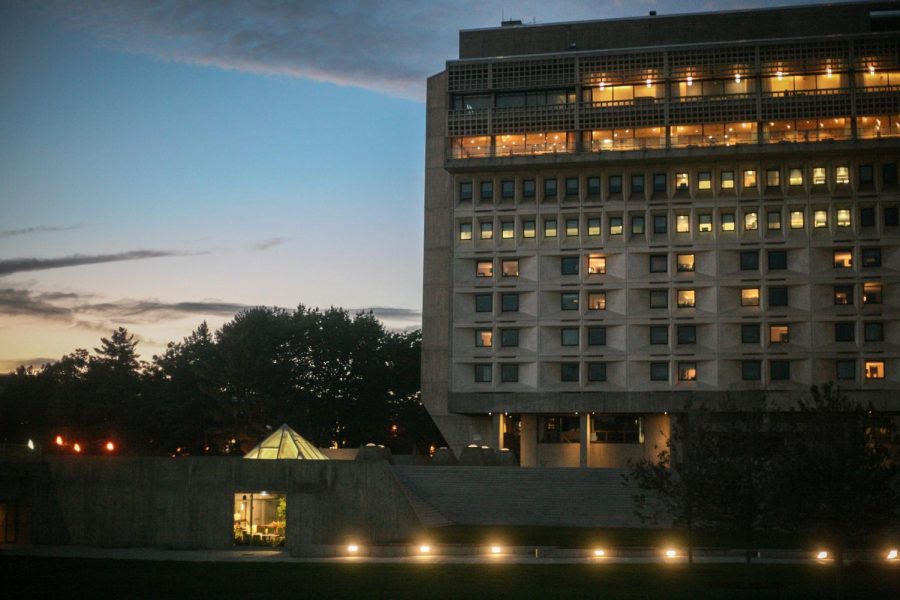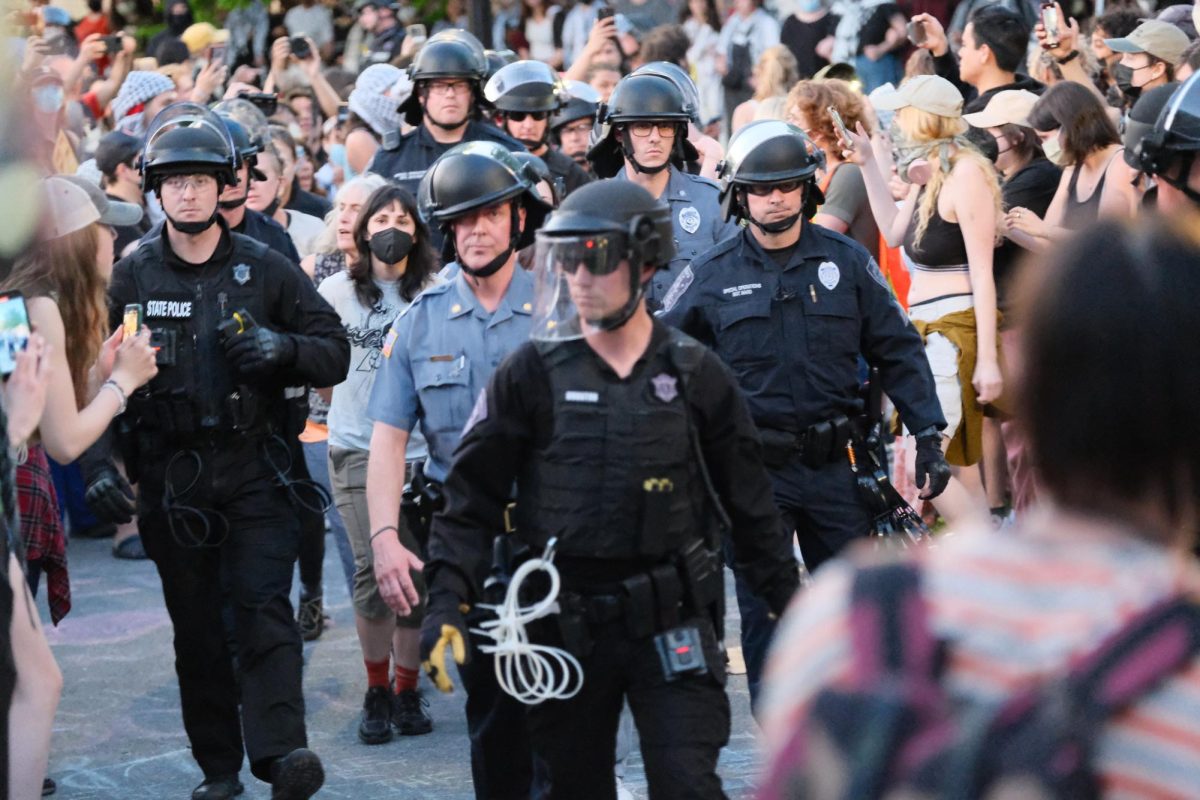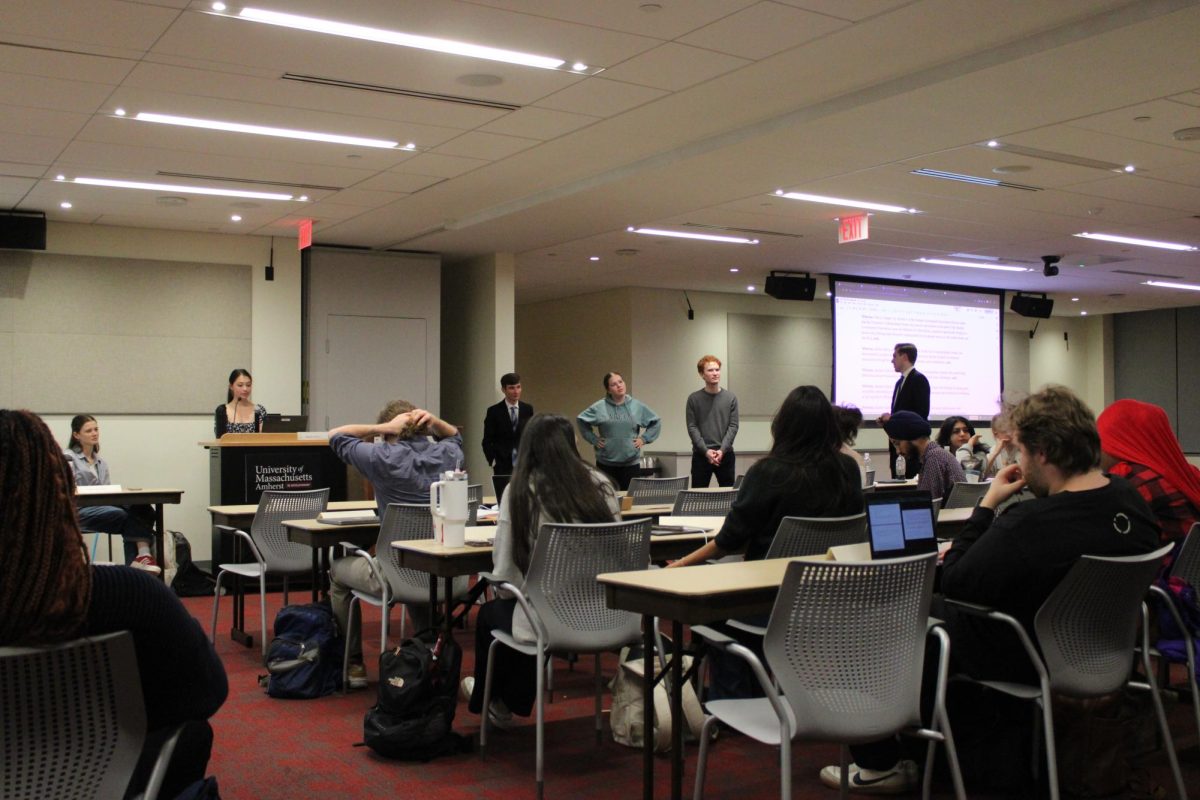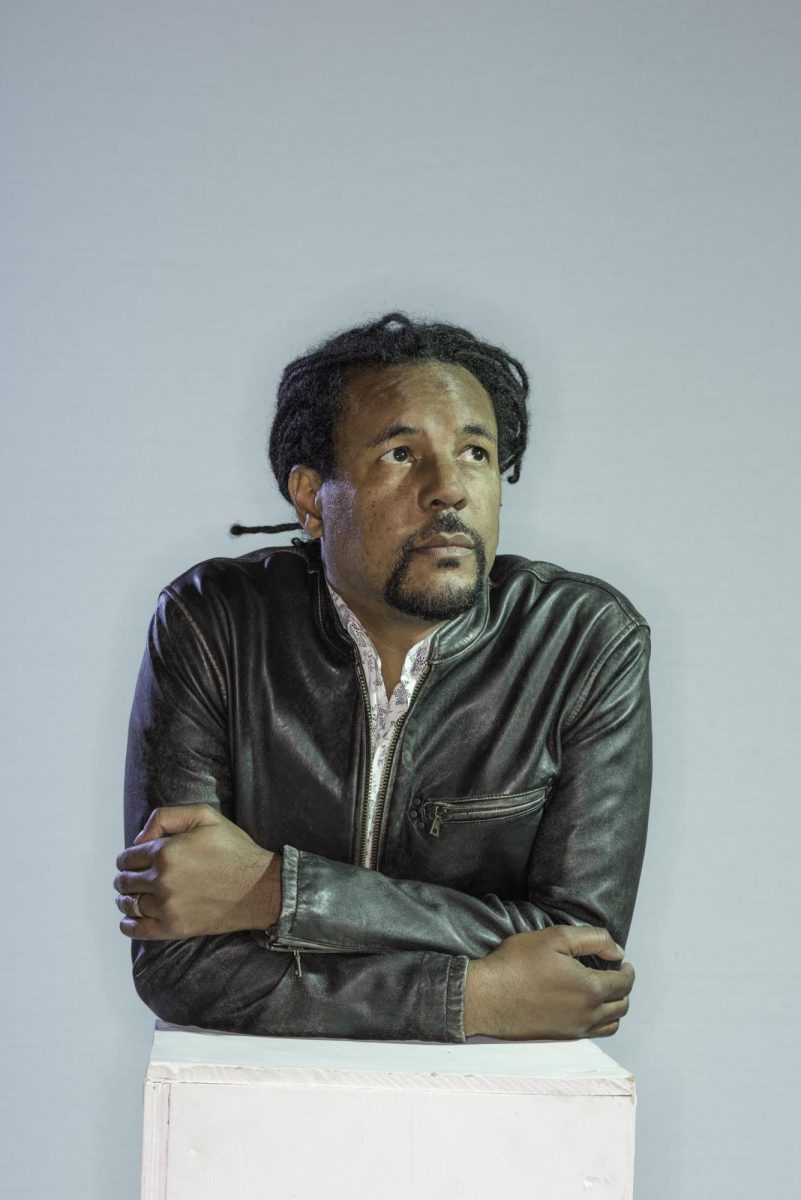The Alliance Against Ableism hosted its first Disability Culture and Community Speaker Series on Wednesday at 6:30 p.m. featuring Fred Pelka, the author of “The ABC-CLIO Companion to the Disability Rights Movement” published in 1997, and Lizette E. Torres-Gerald-Gerald, a trained scientist and disciplined disabled scholar-activist.
The Alliance Against Ableism is a collective composed of the University of Massachusetts graduates, students, faculty, and staff, with its members identifying as being a person with disabilities, or a disability advocate.
This event focused on the history of disability identity, culture, and community is the first event in a four-part series inspired by a Campus Climate Improvement Grant from the Office of Equity and Inclusion.
The event was moderated by Kimberly Enderle, a Ph.D. student and residential academic program instructor with the history department at the University of Massachusetts. During the event, each presenter began with a visual self-description to assist in making the event inclusive. Present was also an ASL interpreter and an option for live transcription.
“My name is Kimberly Enderle. I am a white female presenting, middle-aged cisgender woman. Today I’m wearing a white collared shirt with yellow and blue stripes with the light blue v-neck sweater covering most of it. I have sharp reddish-brown hair and blue eyes, and I’m wearing blue-rimmed glasses,” said Enderle.
The event began with a presentation by Pelka who gave a historical overview of disability and identity in the 20th century and some of the realities confronting people with disabilities at the advent of the modern movement. The presentation by the panelists was followed by commentary from Ezekiel Kimball, an associate professor of higher education and the Dean for Academic Affairs and the College of Education at UMass Amherst. Kimball also facilitated the Q & A session of the event.
“It was routine practice, entirely accepted and entirely legal for disabled children to be denied access to a public school education. The decision of whether or how to educate a disabled child could be made by school administrators who offered no recourse for appeal,” Pelka said.
“Disabled people were pretty much invisible in the popular media, unless as. . . misfits murderers. . .the very language used to describe them, cripples spastics, or in the case of those with developmental disabilities, idiots, morons in the soul was pejorative.”
According to Pelka many leaders of the emerging movement of the 60s and thereafter took as their models first the African American civil rights movement, the anti-Vietnam War, and feminist movements.
“Many of the leaders of the new movement came not out of labor activism, but most especially out of the black civil rights movement,” said Pelka.
During her presentation, Torres-Gerald gave the history of the disability movement post-1990 and the enactment of the American Disabilities Act. She also noted the shift from using the phrase disability rights to disability justice and shared statistics that demonstrate discrimination against disabled people.
According to Ezekiel Kimball, and a commentator at the event, the statistics shared by Kimbell showed how “ableism, the societal preference for non-disabled people, suppresses the full participation of disabled people in the workplace.”
According to Torres-Gerald, many in the disability community want the ADA to have greater oversight, particularly when it comes to public transportation.
“For example, airplanes are still not wheelchair accessible… Restaurants are also not required to have menus available in Braille. And individuals with chronic illnesses on a parent’s disabilities like me are often not protected by the ADA,” she said.
“Despite having more curb cuts and ramps, in many locations, 60% of polling places are still not accessible. Thus, even if a disabled individual can find and use accessible transportation to the polls, they may not be able to get into the building,” Torres-Gerald said.
According to Torres-Gerald, the United States has yet to ratify the United Nations Convention on the Rights of Persons with Disabilities, which is an international human rights treaty intended to protect the rights and dignity of persons with disabilities.
“It is meant to ensure that the disability community enjoys full equality under the law. Whether or not the treaty would make a lasting positive impact on people with disabilities in the United States,” Torres-Gerald said.
“The fact that the US will not ratify the treaty says a lot about the status of people with disabilities as human beings, and whether they should be allowed to fully participate in civil society.”
Torres-Gerald also discussed other problems experienced by disabled people with technology, citing difficulty enlarging text or navigating to description features, chat functions of video conferences, that can be inaccessible to those with visual impairments.
“Despite good intentions, ableist societal structures prevent important information from getting to some of the most vulnerable or marginalized populations, including the disability community,” Torres-Gerald said.
“For example, some of you may recall conversations about how initial medical masks were not see-through which kept members of the deaf and hard of hearing community from being able to read the lips of health care providers. The deafblind community has further been harmed by the fact that they need full touch to communicate, which has been limited due to social distancing measures.”
Konah Brownell can be reached at [email protected].



















